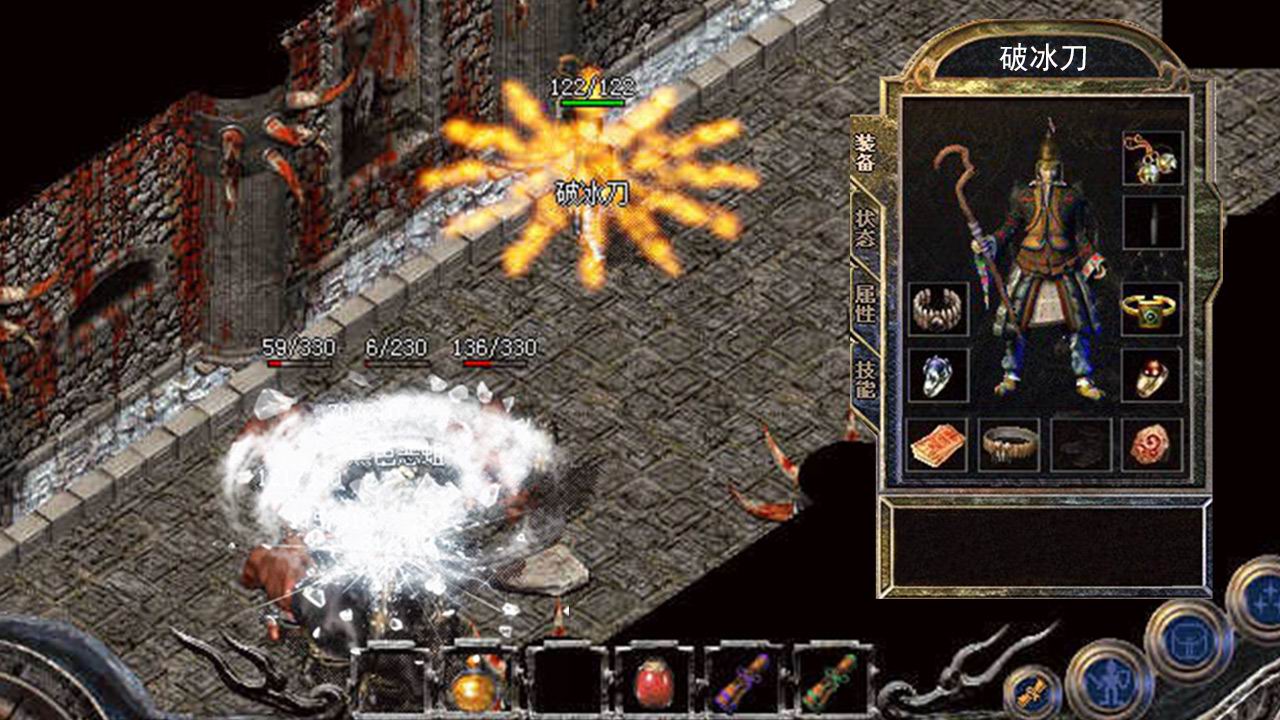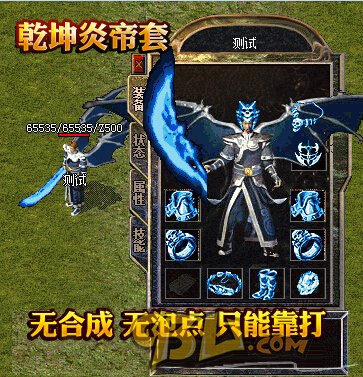◎欢迎参与讨论,请在这里发表您的看法、交流您的观点。
chuanqi: Exploring the Meaning, History, and Cultural Significance of Chuanqi
星期六 2024年10月5日 admin 手游新服表 chuanqi 0人
chuanqi: Exploring the Meaning, History, and Cultural Significance of Chuanqi
Chuanqi, often translated as "legend" or "tale," plays a significant role in the rich tapestry of Chinese literature and cultural history. It refers to various narratives that encompass a wide range of themes, including romance, adventure, folklore, and moral lessons. Broadly, chuanqi encompasses stories that were traditionally shared orally and later written down, serving as a medium for cultural expression, education, and entertainment. They often reflect the values, beliefs, and social dynamics of their time, making them an essential study area for those interested in Chinese culture and literature.

Historically, the genre of chuanqi emerged during the Tang dynasty (618–907 AD), gaining prominence in the Song dynasty (960–1279 AD). Notable works, such as "The Tale of the Pangu," blend mythology with historical events, thus captivating audiences while conveying important moral teachings. These stories often feature elements of the fantastical, where gods and spirits intermingle with ordinary people, leading to adventures that highlight human virtues such as bravery, wisdom, and love. The distinct narrative style of chuanqi also paved the way for more contemporary Chinese fiction, influencing modern storytelling methods in both literature and film.

Characteristics and Themes of Chuanqi
The defining characteristics of chuanqi include its vivid storytelling, rich character development, and the exploration of universal themes. Commonly, these tales delve into the human condition, examining ethics, societal norms, and individual desires against the backdrop of Chinese culture. The narratives are often structured in a way that captivates the readers or listeners attention, utilizing suspense and intrigue, making them not only entertaining but educational as well.
In terms of themes, chuanqi frequently explores love, destiny, and the supernatural. Love stories are prevalent, showing the conflicts between societal expectations and personal desires. The concept of destiny often serves as a reminder of the forces beyond human control, while the supernatural elements introduce a realm where the impossible becomes possible. For instance, characters may encounter mystical beings or experience transformation, reflecting the belief in the interconnectedness of the human spirit and the supernatural world. These reflections provide insights into the culture’s philosophical underpinnings, making chuanqi a vital component of Chinese literary heritage.
The Cultural Impact of Chuanqi
Over centuries, the impact of chuanqi extends beyond literature and has permeated various aspects of Chinese culture, including theater, visual arts, and contemporary media. Chinese operas, such as Kunqu and Peking opera, often draw on chuanqi stories, using music, dance, and dramatic storytelling to bring these legends to life. The visual arts, too, have embraced these tales, with painters and sculptors depicting scenes and characters from well-known chuanqi, enshrining them in the cultural collective memory. In modern times, chuanqi has inspired films, novels, and television shows, proving its enduring relevance and adaptability.
Additionally, the themes and morals contained within chuanqi continue to resonate with modern audiences as they explore timeless questions about love, fate, and morality. The ability of these narratives to transcend time reflects the powerful impact they have on cultural identity and continuity. Whether a reflection of societal values or an exploration of individual character, chuanqi remains a critical part of Chinese heritage, embodying a legacy that remains vibrant in contemporary storytelling.
Q&A
What are the main themes commonly found in chuanqi?
The main themes of chuanqi include love, destiny, and the supernatural. These stories often delve into human emotions and societal expectations while showcasing the complexities of the human condition alongside elements of fantasy and mythology.
How has chuanqi influenced modern Chinese literature and culture?
Chuanqi has significantly influenced modern Chinese literature and culture by shaping narrative styles and themes in contemporary stories. It has impacted various art forms, including theater, visual arts, and film, continuing its legacy in modern media and storytelling.
- 本文标题:chuanqi: Exploring the Meaning, History, and Cultural Significance of Chuanqi
- 本文地址:http://www.hao195sf.com/post/178.html